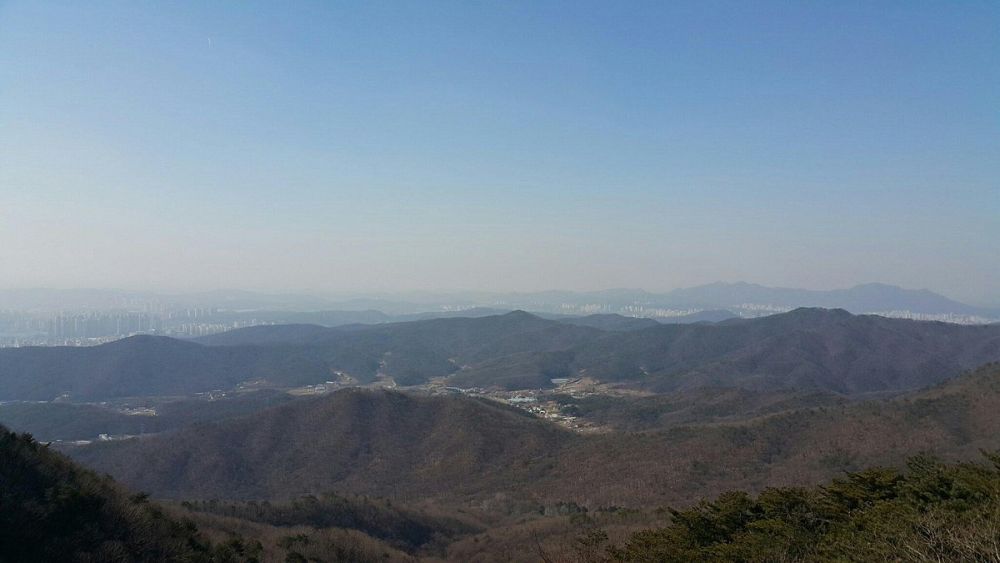

The area surrounding Gwanggyosan Mountain in Suwon has a rich history deeply connected to nature and sustainability. Korean cuisine in the region has evolved over the years with a focus on local, seasonal, and foraged food. People in this area historically relied heavily on the natural resources provided by mountains such as Gwanggyosan, garnering an intimate knowledge of edible wild plants, herbs, and mushrooms that enhance traditional dishes. As Suwon is located in Gyeonggi Province, it has also been influenced by the royal cuisine of the Joseon Dynasty, which emphasized balanced meals using a variety of ingredients that are both healthful and delicious.
Yeon Poong Restaurant
Address: 101-5 Gwanggyo-ro, Yeongtong-gu, Suwon-si
Famous Food: Japchae (Veg/Non-Veg)
Gwanggyo Sanbang
Address: Near Gwanggyo Mountain Trail Entrance
Famous Food: Pajeon (Veg)
Su-Su Jeontong Mandu
Address: Jangan-gu, Paldal-ro, Suwon-si
Famous Food: Mandu (Veg/Non-Veg)
Mount Hoddeok
Address: 342-1 Gwanggyo-ro, Suwon-si
Famous Food: Hoeddeok (Veg)
Doenjang Sarang
Address: Near Gwanggyosan Mountain, Yeongtong-gu
Famous Food: Doenjang-jjigae (Veg/Non-Veg)
Bibim Baba
Address: 50-12 Gwanggyo-ro 109beon-gil, Yeongtong-gu, Suwon-si
Famous Food: Bibimbap (Veg)
Yongin Japchae House
Address: 15 Gwanggyosan-ro, Giheung-gu, Yongin-si
Famous Food: Japchae (Veg/Non-Veg)
Tofu Village
Address: Gwonseon-gu, Suwon-si
Famous Food: Sundubu-jjigae (Non-Veg)
Green Onion Pancake House
Address: Paldal-ro, Suwon-si
Famous Food: Pajeon (Veg)
Note: While dining in Korea, it's always advisable to mention your dietary preferences, as meat or seafood stock might be common in seemingly vegetarian dishes.